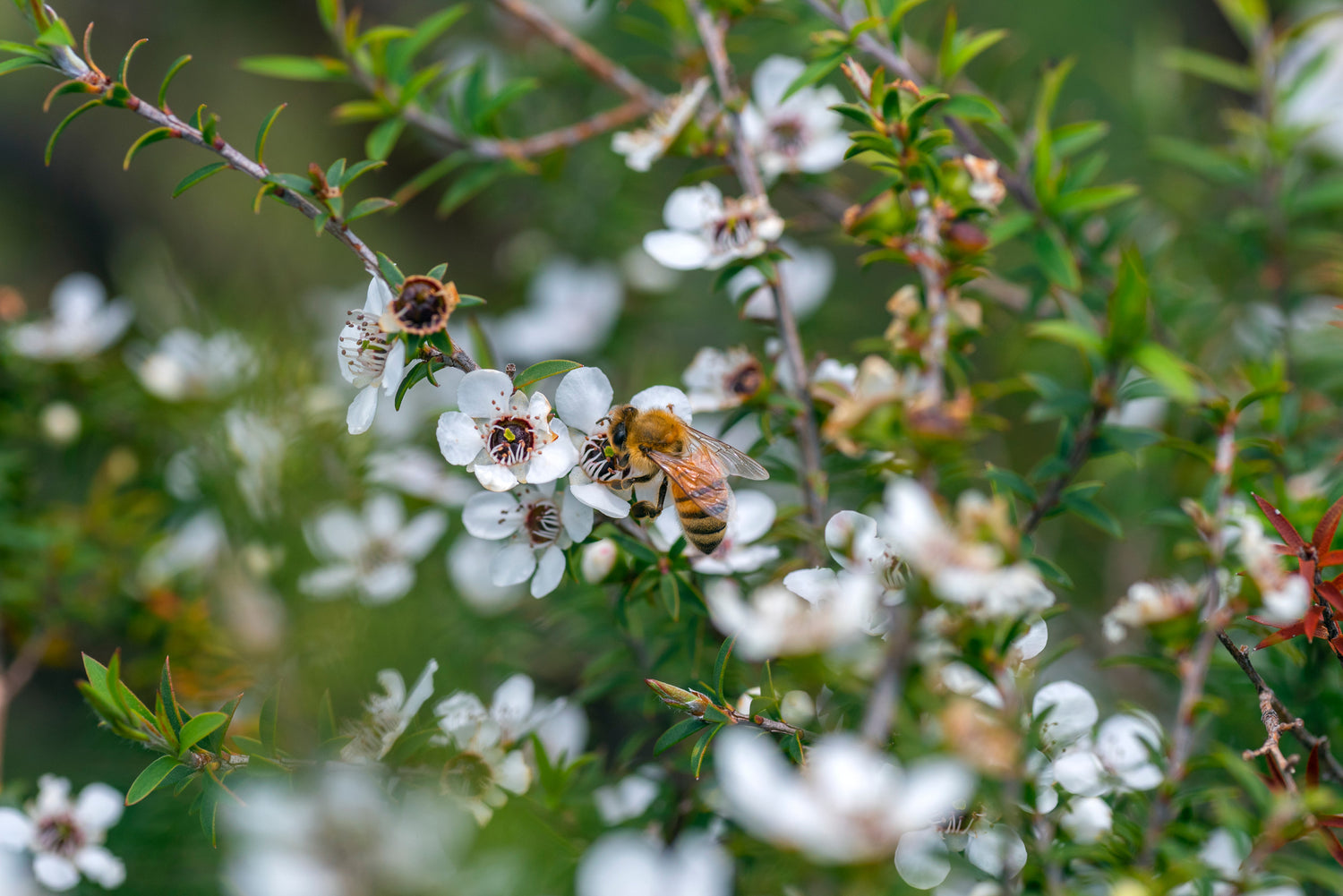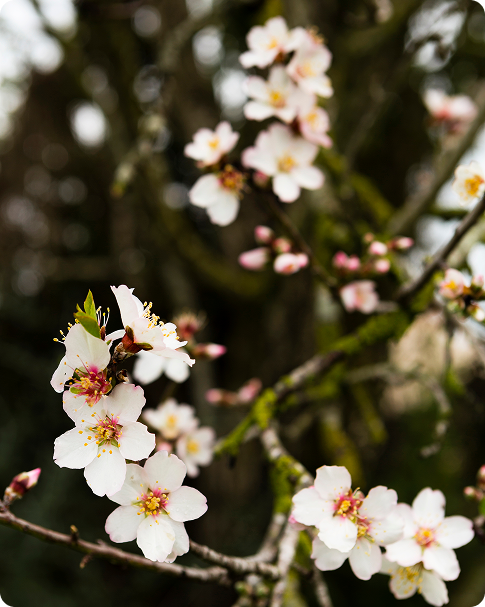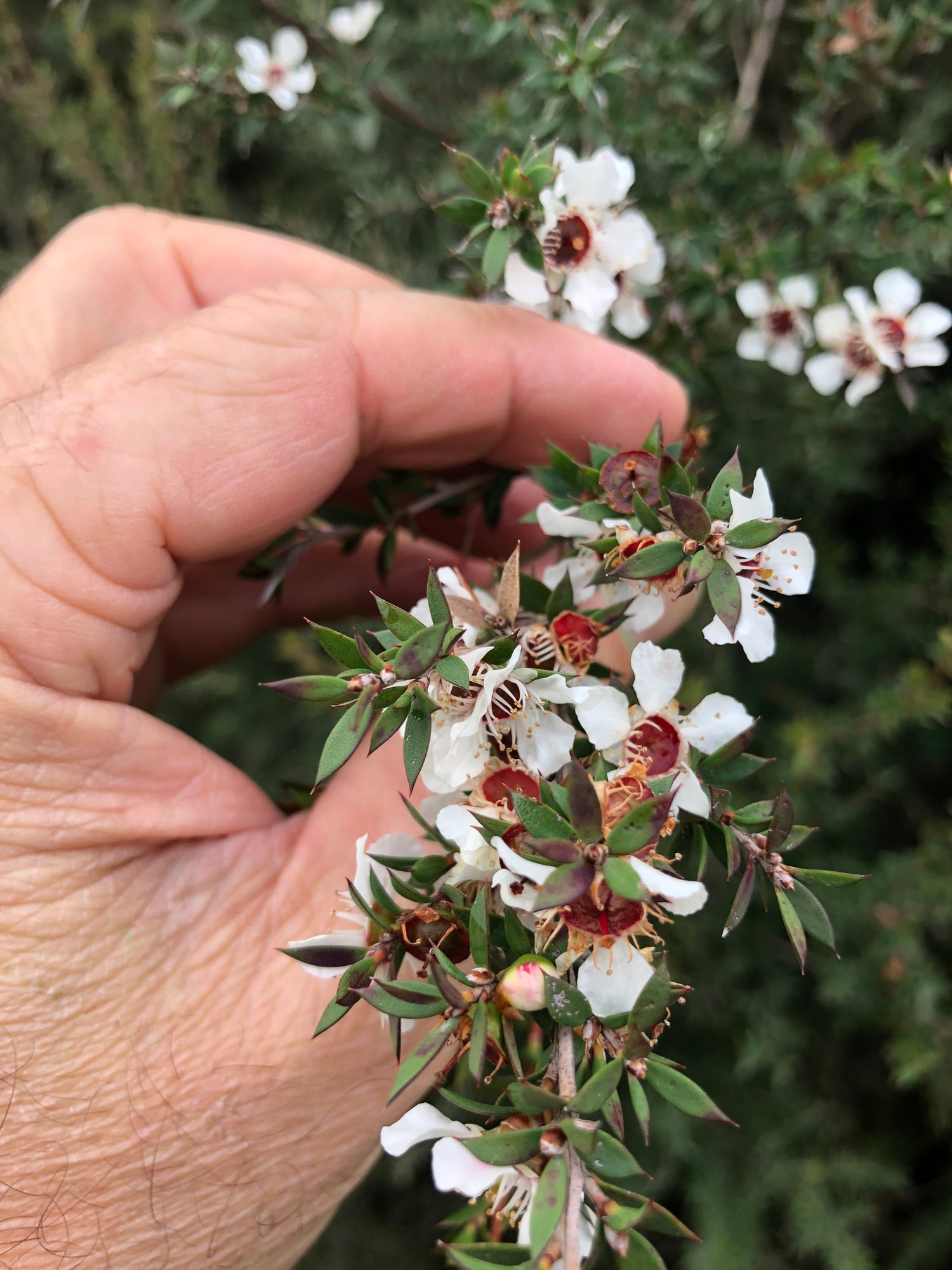Health benefits at a glance
Stomach issues
Manuka honey can help with a range of stomach issues including small intestine bacterial overgrowth, low stomach acid and acid reflux. Manuka Honey helps reduce harmful bacteria in the stomach and rebalances your digestive system
Sore Throats
Manuka Honey can coat your throat and reduce swelling which makes swallowing vital liquids easier. Manuka Honey helps relax and open up the muscles of the throat. Manuka honey has also been demonstrated to reduce the growth of Strep bacteria. The National Cancer Society has recently added Manuka Honey as a recommendation for treating ‘post-chemo sore throat’.
Treats Skin conditions
There is scientific evidence to support that manuka honey helps reduce acne, reduces eczema and heal open wounds and rashes.
Respiratory infections
Researchers have found that Manuka honey can reduce upper respiratory infections. Pseudomonas aeruginosa and Burkholderia spp are two of the more common bacteria associated with cystic fibrosis. Manuka honey has shown to be effective for these bacteria and researchers conclude that it may play an important part in treating these infections.
Combats resistant infections
The over use of antibiotics such as penicillin has created resistance in some bacteria such as Staphylococcus aureus and Escherichia coli (E coli). These virulent bugs are highly contagious. To date Manuka Honey has slowed and stopped the growth and spread of Staphylococcus aureus and E coli and is now widely used in hospitals.
Allergies
Manuka honey may be used to reduce the symptoms and duration of seasonal allergies, most notably present during spring. Manuka honey can help reduce hay fever and the need for antihistamines.
Oral health
Some bacteria are hard to treat as they exist in biofilms. One of the most common biofilms is plaque that bacteria produce on teeth, which attacks the enamel and causes tooth decay. Manuka honey has been found to reduce plaque from sticking to our teeth which helps in reducing tooth decay.
Beauty Regime
Applying manuka honey to your hair and skin can help improve the lustre of both. Mixing manuka honey into hair conditioner can leave your hair feeling softer and silkier. Manuka honey is widely used as a hydrating face mask on tender skin. The antioxidant compounds reduce damaged skin and the antibacterial properties reduce irritation.
Wounds, Burns & Ulcers
Manuka honey has been shown to improve wound healing in acute cases, reducing pain and decreasing inflammation, effects which have seen its use increase for treating wounds amongst the elderly, for whom healing can take longer than for younger patients. Manuka honey is also an important alternative treatment for first and second degree burns, which have a high risk of infection.
Promote restful sleep
Adding manuka honey to milk or tea at bedtime can boost your body’s natural melatonin production. This sleep inducing hormone helps slowly reduce glycogen to your cells while you sleep. It allows the repair of daily damage and calming brain function. Certain conditions such as sleep apnea (snoring), diabetes, heart disease and high blood pressure all tend to worsen with poor sleep hygiene.





